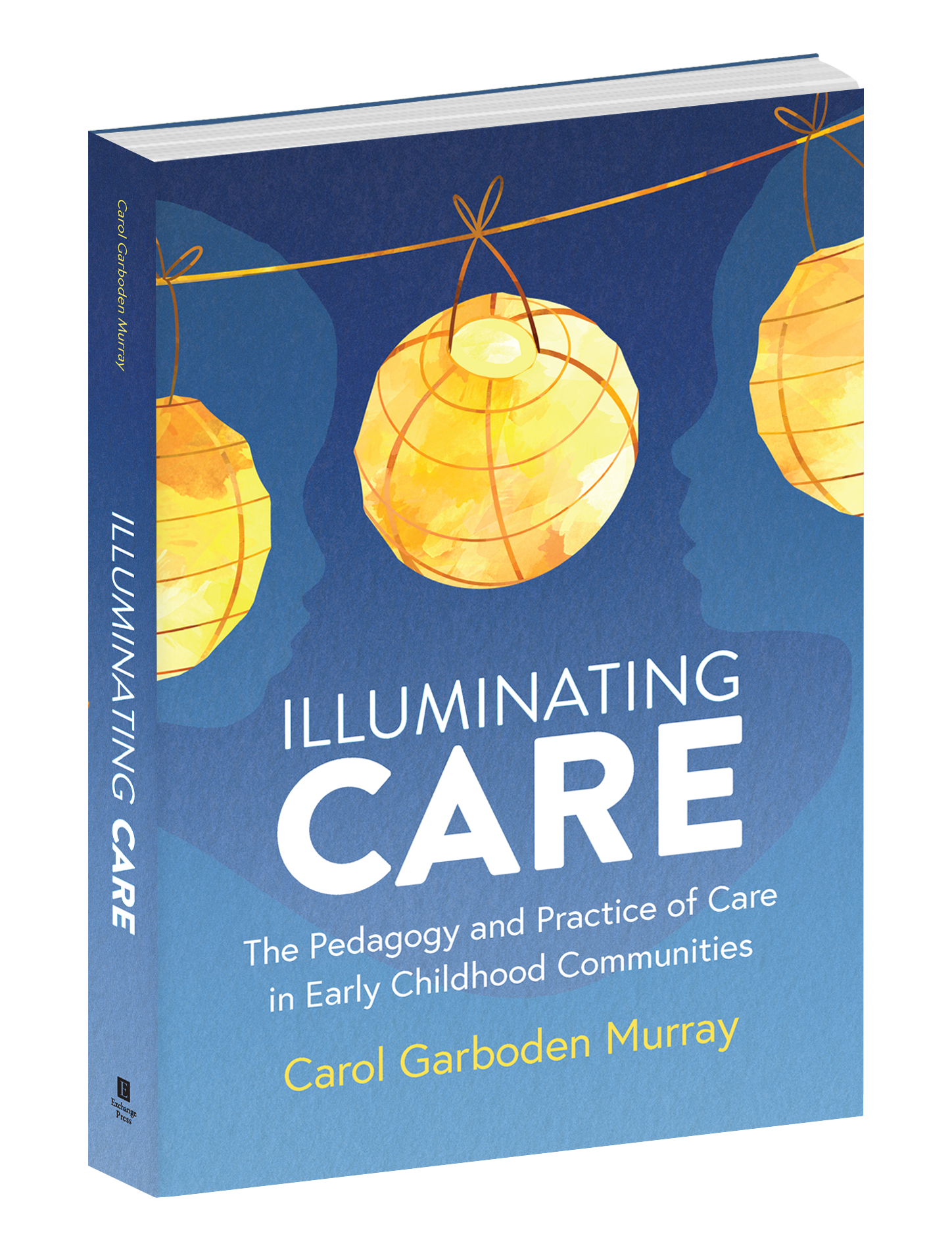ExchangeEveryDay Past Issues
 << Previous Issue
| View Past Issues | | Next Issue >>
<< Previous Issue
| View Past Issues | | Next Issue >> -Colin Powell, first black U.S. Secretary of State, 1937 - 2021
In a fascinating article called “Hunches on Childhood,” psychotherapist Kent Hoffman provides his perspective on the vital importance of the early childhood years. He writes:
“I believe, after fifteen years of doing this work, that what happens in our earliest years has a radical — root — effect upon all that we experience thereafter.” He supplies a list of what he believes is crucial to know about humans’ emotional development.
Here’s a sampling:
The way we were treated as small children is the way we will treat ourselves and others the rest of our lives: with tenderness and support, with neglect and cruelty, or with something in between.
Each person is infinitely precious, of infinite worth — that is, worthy of infinite tenderness and support. Nowhere is this more obvious and apparent than in the life of a young child.
To have grown up in this industrialized society means that we are — each of us — wounded in ways that we do not yet comprehend. Unless we grieve — and thus release — these wounds, we will pass them on to the next generation.
Our degree of openness to relationship — to intimacy and negotiation — is established in the first four years of life.
Indeed, the context of life for the earliest years is the world of relationship, or the lack thereof.”
In her important and beautiful book, Illuminating Care, Carol Garboden Murray strongly urges a new emphasis on how respectful nurturing care in early childhood settings (meal times, diapering, helping children with sleep and rest..), builds the vital relationships Kent Hoffman describes.
Murray writes: “Care is not a soft skill. Care is an intellectual exchange and the seed of our human strength. Care is the strong back bone of our survival and flourishing.”
The Pedagogy and Practice of Care in Early Childhood Communities |
ExchangeEveryDay
Delivered five days a week containing news, success stories, solutions, trend reports, and much more.
What is ExchangeEveryDay?
ExchangeEveryDay is the official electronic newsletter for Exchange Press. It is delivered five days a week containing news stories, success stories, solutions, trend reports, and much more.



Comments (2)
Displaying All 2 CommentsDimensions
Lincoln, NE, United States
Francis, thanks for the comment!
-Tiffany at Exchange
Center for the Study of Biracial Children
Denver, Colorado, United States
If were really believe in this issue, we have to make caring part of state early childhood standards, and include caring indicators in all early childhood curricula and assessments. Only then can we claim to "care about caring!"
Post a Comment